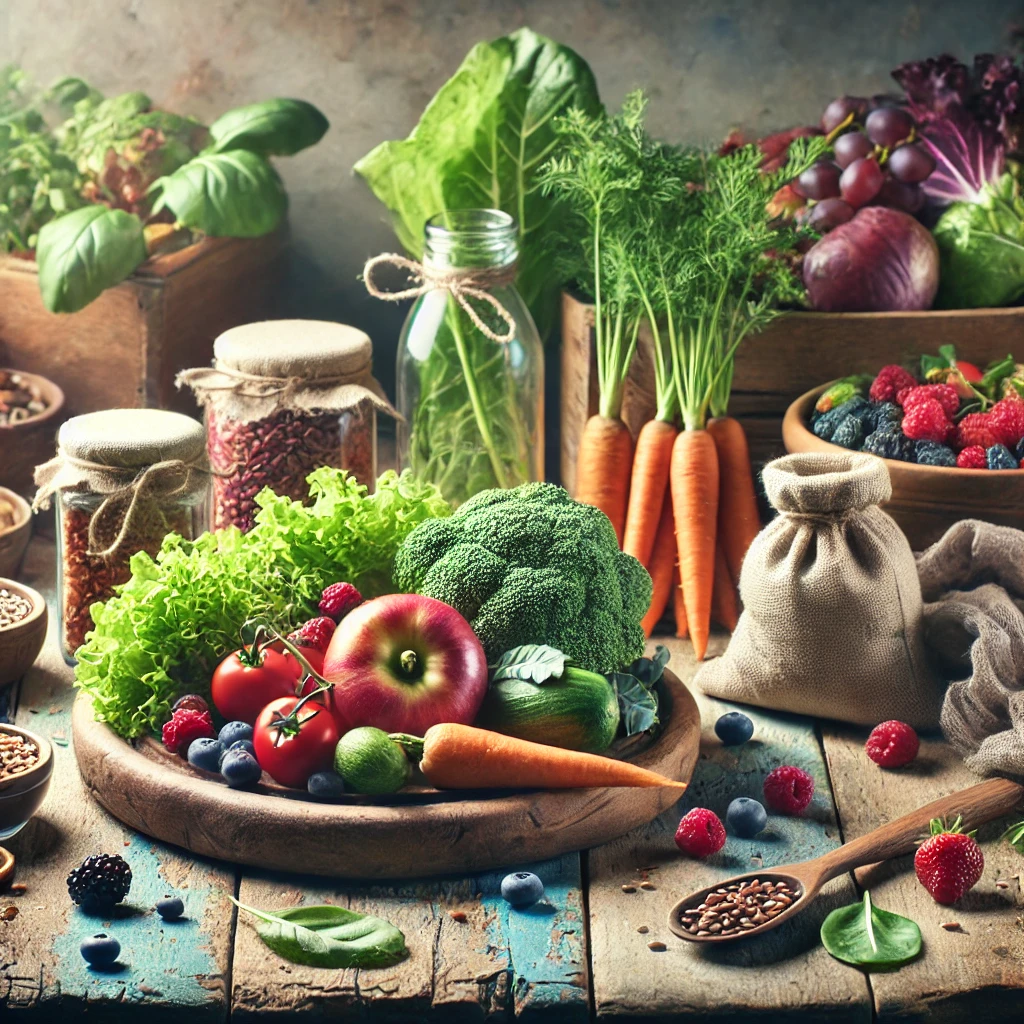Sustainable, Organic, and Healthy Food for a Better Future
Sustainability and health are more important today than ever. Consuming organic, sustainable, and healthy food is not only a significant step towards improving our own health but also a contribution to protecting our planet. Sustainable eating combines environmental consciousness with a healthy lifestyle.
Why Sustainable Food Matters
Sustainable food is produced with consideration for the environment. It minimizes the use of pesticides, protects biodiversity, and supports local farmers. Here are the main benefits of sustainable food:
- Environmental Protection: Avoiding chemical fertilizers reduces pollution and conserves resources like water and soil. Sustainable farming also helps maintain soil health and reduces the risk of soil erosion.
- Preservation of Biodiversity: Sustainable practices protect habitats and promote biodiversity. Monocultures are avoided, and there is a harmonious integration of plants and animals.
- Local Production: Sustainable agriculture strengthens local communities and reduces the carbon footprint through shorter transportation distances. Additionally, it supports the regional economy by empowering local farmers.


Health Benefits of Organic Food
Organic foods are free from harmful chemicals and often contain higher concentrations of nutrients. Here are some health benefits:
- Fewer Contaminants: Organic products are free from synthetic pesticide residues or herbicides, reducing the risk of health issues.
- Nutrient-Rich: They often provide higher amounts of vitamins, minerals, and antioxidants, boosting the immune system and promoting cellular health.
- Free from Additives: Many organic foods do not contain artificial colors, preservatives, or flavor enhancers, making them more natural and healthier.
The Role of Natural Food Supplements
Natural food supplements are a complementary source of essential nutrients. Especially in a fast-paced world, they help bridge nutritional gaps. Their benefits include:
- Micronutrient Supply: Particularly during stressful periods or specific diets, supplements can help address deficiencies.
- Holistic Health: Natural ingredients like plant extracts, vitamins, and minerals support physical and mental well-being.
- Flexibility in Use: Supplements can be easily incorporated into daily life, whether in the form of capsules, powders, or drops.
Tips for Sustainable Eating
Sustainable eating requires mindful choices. Here are some tips:
- Prioritize Regional and Seasonal Products: This reduces transportation emissions and promotes fresh, nutrient-rich food.
- Choose Certified Organic Products: Look for labels like the EU Organic Logo or USDA Organic.
- Reduce the Consumption of Processed Foods: Focus on fresh ingredients and cook as much as possible.
- Plan Your Meals: Good planning helps avoid food waste and save money.
Supporting Both Health and the Environment
The conscious consumption of sustainable and organic food, along with natural supplements, contributes to a healthier lifestyle and a thriving planet. By making small changes in our eating habits, we can have a significant impact. Together, we can shape a better future.


